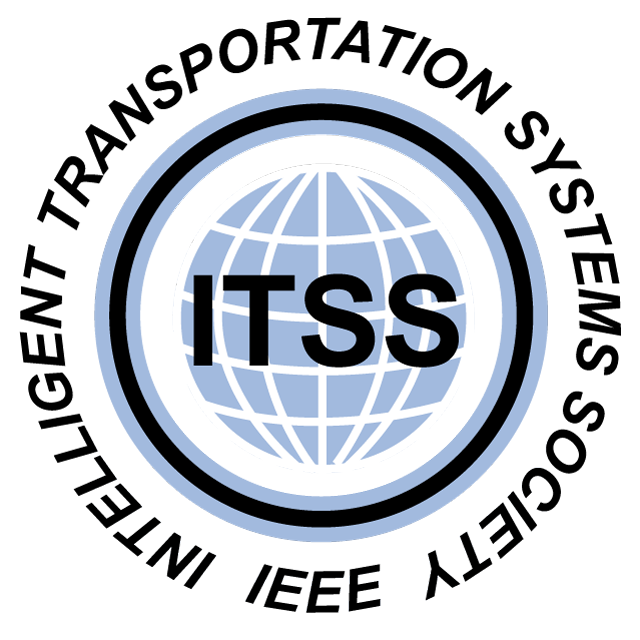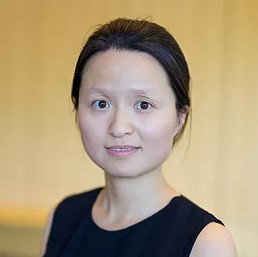Workshop Topics
The recent development of the Internet of Things (IoT) brings forward numerous novel technologies whose application scenarios are not only applied to the user level (e.g., individual consumer or private company), but also the system level (e.g., commercial or industrial sector). For example, the IoT plays a significant role in the current Intelligent Transportation System (ITS) which consists of advanced sensing, wireless communications, cloud computing, intelligent control, massive data management, and many other elements. By leveraging the IoT, different entities (e.g., vehicles, drivers, riders, infrastructure, traffic management centers, etc.) in the existing transportation system get connected with each other, thus making the entire system smarter, safer, and more efficient.
However, these advances also bring significant challenges to public authorities, industry, as well as scientific communities. In terms of system design and control, current IoT applications in ITS need to be refined or even redesigned to better function under uncertainties in demand, and to better cooperate with existing conventional vehicles and infrastructure. From the performance assessment perspective, models and simulation tools based on artificial intelligence and big data have been widely developed for validation and evaluation of IoT applications, in particular taking into account the increasing trends in vehicle connectivity and automation. However, the validity of these models needs to be re-examined with field implementations.
This workshop will be the second of its series (the first one was held in IEEE IV 2020), focusing on sharing the state-of-the-art design, models, algorithms, simulation, and field implementation of a wide range of IoT applications in ITS, identifing challenges as well as research needs, and aiming to encourage cross-disciplinary cooperation. The specific topics of interests are listed below:
• Digital twin of intelligent vehicles and intelligent transportation systems
• Vehicular cyber-physical systems (VCPS)
• IoT applications in smart cities
• Cyber security of connected and automated vehicles
• Vehicle-to-cloud (V2C) communications
• Artificial intelligence and big data application in urban mobility
• Edge computing and cloud computing of connected vehicles
• Modelling and simulation tools for network computing and communication
• Field implementations of Internet of Vehicles (IoV)
• Applications of emerging communication technologies (e.g., 5G, Wi-Fi 6) to ITS
• Message or standard definitions to support V2X communicaitons














